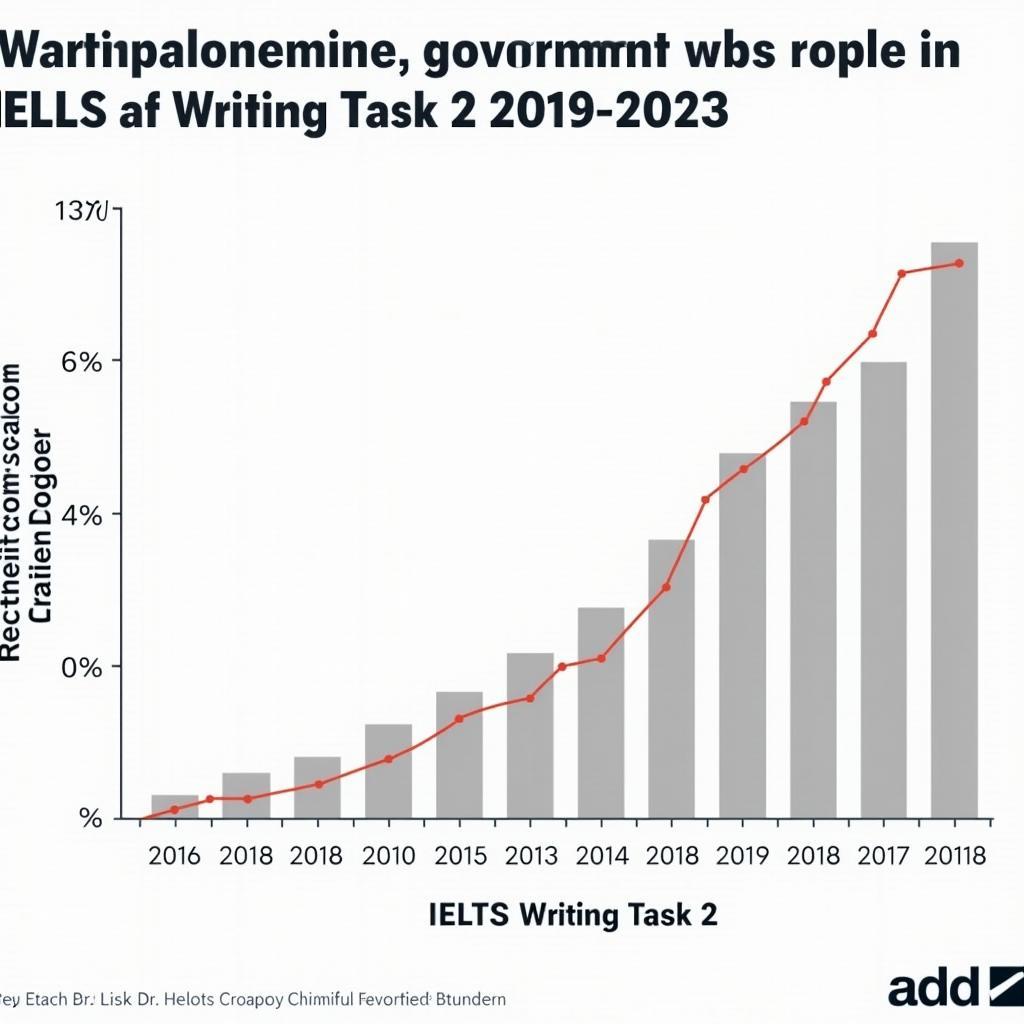The topic of affordable education systems frequently appears in IELTS Writing Task 2, particularly in the form of opinion or discussion essays. Based on analysis of past exams and advantages and disadvantages of free higher education, this theme has appeared in approximately 15% of tests over the last 5 years.
Nội dung bài viết
 IELTS Writing Task 2 samples on affordable education systems
IELTS Writing Task 2 samples on affordable education systems
Sample Question Analysis
Some people believe that higher education should be free for all students, while others think students should pay for their university studies. Discuss both views and give your opinion.
This question requires:
- Discussing arguments for and against free higher education
- Providing a clear personal stance
- Supporting ideas with relevant examples
- Following a balanced discussion structure
Band 9 Sample Essay
Education funding remains a contentious issue in many countries today. While some advocate for completely free university education, others maintain that students should bear the costs. This essay will examine both perspectives before arguing that a hybrid model is most appropriate.
Those who support free higher education often point to its societal benefits. When university is accessible to all regardless of financial means, it creates a more educated workforce and reduces income inequality. For example, countries like Germany that offer free university education tend to have higher social mobility rates and more robust economies. Additionally, removing financial barriers enables talented students from disadvantaged backgrounds to pursue their academic potential.
However, opponents argue that having students pay for university is both practical and beneficial. Firstly, quality higher education requires substantial funding that many governments cannot sustainably provide without compromising other essential services. Moreover, when students invest financially in their education, they often demonstrate greater commitment to their studies. The UK’s experience shows that introducing tuition fees has not significantly reduced university attendance while helping maintain educational standards.
In my opinion, the optimal approach lies in a balanced system where education costs are shared between government and students. This could involve heavily subsidized fees combined with income-contingent loans and scholarships for deserving students. Such a model, similar to that employed in advantages of universal healthcare systems, ensures universities remain well-funded while maintaining accessibility.
Band 7 Sample Essay
The question of whether higher education should be free or paid for by students is widely debated. This essay will discuss both perspectives and present my view on this matter.
Supporters of free university education argue that it provides equal opportunities for all citizens. When education is free, talented students from poor families can access higher education and improve their career prospects. For instance, in Nordic countries where university is free, there are higher rates of social mobility. Furthermore, a more educated population generally leads to economic growth and innovation.
On the other hand, those who believe students should pay for university studies have valid points. Universities need substantial funding to maintain quality education and research facilities. If education was completely free, this might reduce the quality of teaching and resources. Additionally, students who pay for their education may value it more and work harder to succeed.
I believe that while completely free education might be ideal, a mixed system is more realistic. Governments should subsidize education costs significantly while students contribute a reasonable amount through loans that can be repaid after graduation when they are earning. This ensures both quality and accessibility of higher education.
Scoring Analysis
Band 9 Essay Features:
- Sophisticated vocabulary: “contentious,” “societal benefits,” “income inequality”
- Complex sentence structures
- Clear progression of ideas
- Well-developed arguments with specific examples
- Cohesive devices used naturally
Band 7 Essay Features:
- Good vocabulary range
- Mix of simple and complex sentences
- Clear organization
- Relevant examples but less specific
- Basic but effective cohesion
Key Vocabulary
- contentious (adj) /kənˈtenʃəs/ – causing disagreement
- societal (adj) /səˈsaɪətl/ – relating to society
- mobility (n) /məʊˈbɪləti/ – ability to move between social levels
- subsidized (adj) /ˈsʌbsɪdaɪzd/ – supported with money
- income-contingent (adj) /ˈɪnkʌm kənˈtɪndʒənt/ – depending on income level
High-Scoring Sentence Patterns
- Complex conditional: “If education was completely free, this might reduce the quality of teaching.”
- Parallel structure: “Universities need substantial funding to maintain quality education and research facilities.”
- Cause-effect relationship: “When university is accessible to all regardless of financial means, it creates a more educated workforce.”
Like The influence of online education on lifelong learning, this topic requires careful consideration of multiple perspectives.
To practice, write your own essay addressing this question and share it in the comments for feedback. Focus on developing clear arguments and using appropriate academic vocabulary.


